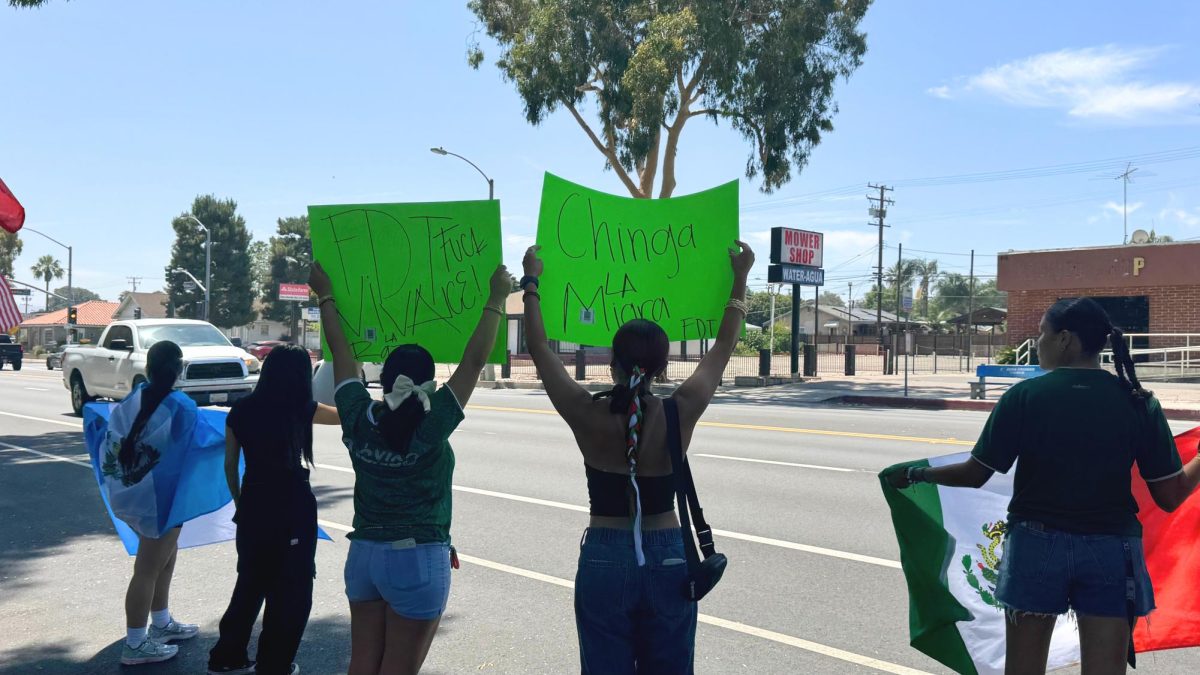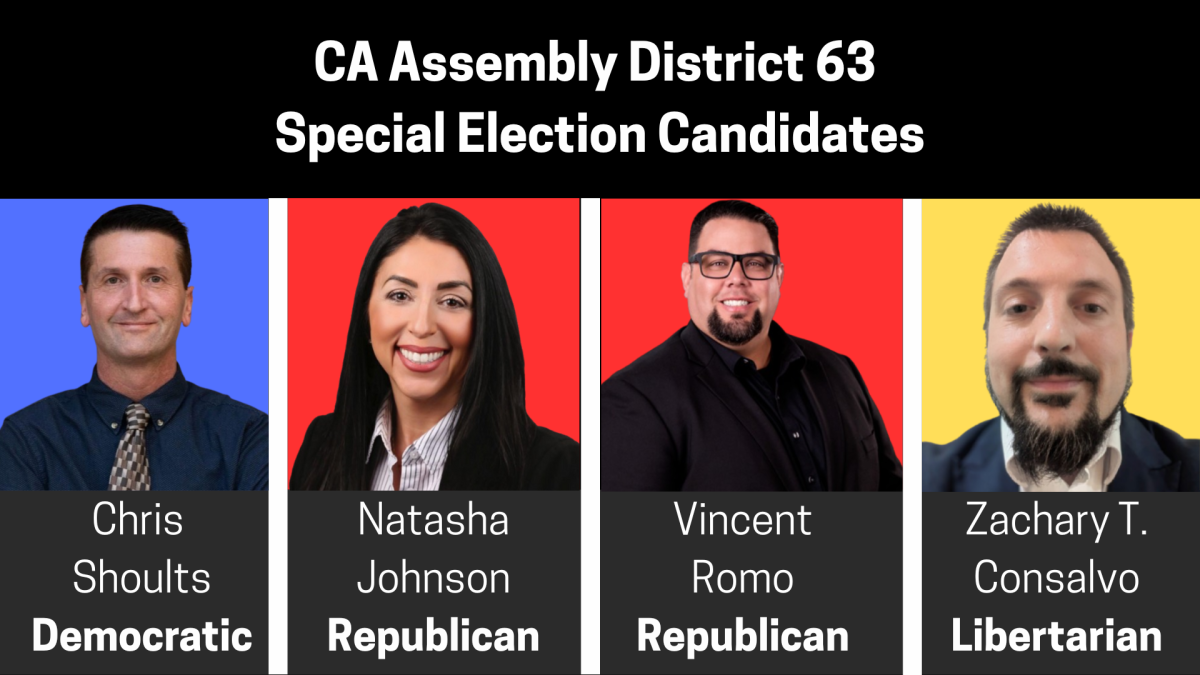By Marissa Moreno

When it comes to sex, any form of response that is not explicitly stated as “yes,” means no.
Students addressed consent during the Sexual Assault Prevention Workshop that was held in the Charles A. Kane Building at Riverside City College on May 16.
The workshop focused on the services provided through the Riverside Area Rape Crisis Center, how rape trauma affects the brain and the dangers of victim blaming and rape culture.
“For some people it can be difficult to talk about because they feel like a part of them has been taken away,” RCC student Allan Beschorner said. “Even if it doesn’t affect you, it’s still something more people need to know about.”
Those present at the workshop wanted to learn about the resources available and how to provide emotional support for survivors.
“The most important thing you can do is just being a listening ear,” Alexa Thomason, institution advocate and educator at Riverside Area Rape Crisis Center, said. “(Survivors) don’t expect anything except that you believe them.”
California Penal Code 243.4 defines sexual assault as any type of sexual contact or behavior that occurs without the explicit consent of the recipient. Additionally, California Penal Code 261 defines rape as nonconsensual intercourse and intercourse means any penetration no matter how slight.
“Sexual assault is the most underreported crime in America,” Thomason said. “More than 90 percent of sexual assault victims on college campuses do not report the assault and what I hear is ‘I’m not going to report it because I don’t want to ruin their future,’ or, ‘It was probably my fault because I was drinking anyway,’ and I try to explain to them that rape culture has made them think this way.”
A common misconception of sexual assault is that it is generally perpetrated by strangers. In reality 59 percent of perpetrators of sexual assault crimes are acquaintances of the victim, 37 percent of them are family members and only 7 percent are strangers, according to the Rape Abuse & Incest National Network.
“We have to change the way we look at sexual assault, change the way we’re looking at rape,” Thomason said. “Power and control: that is what sexual assault is motivated by.”
Thomason urged the audience to let their friends and family know that survivors can seek help at any hospital and they will eventually be redirected to a crisis center in their area.
RARCC has an advocate program meant to assist survivors of sexual assault transition from crisis to recovery.
“We will sit down with the survivor and we’ll let them know what the (forensic) process will look like,” Thomason said. “We will try to make it the least painful as we can.”
The advocates also accompany survivors to their court sessions and provide support for a victim’s family members.
Thomason also discussed that survivors of sexual assault have different emotional responses.
Some victims will be very calm and collected, while others will be hysterical, she stated. Survivors that do no seek help may develop post-traumatic stress disorder at some point in their lives, Thomason added.
“Don’t just assume ‘Oh, I’m okay, I’ll get through it.’ Go the extra mile to make sure you’re really taking care of yourself,” she said.
“I learned a few things,” RCC student Waldina Lopes said. “I didn’t know about the statistics, or that sexual assault can be by someone the victim knows. It’s really weird. And the fact that consent during sex if the person doesn’t say yes, it still means no.”












